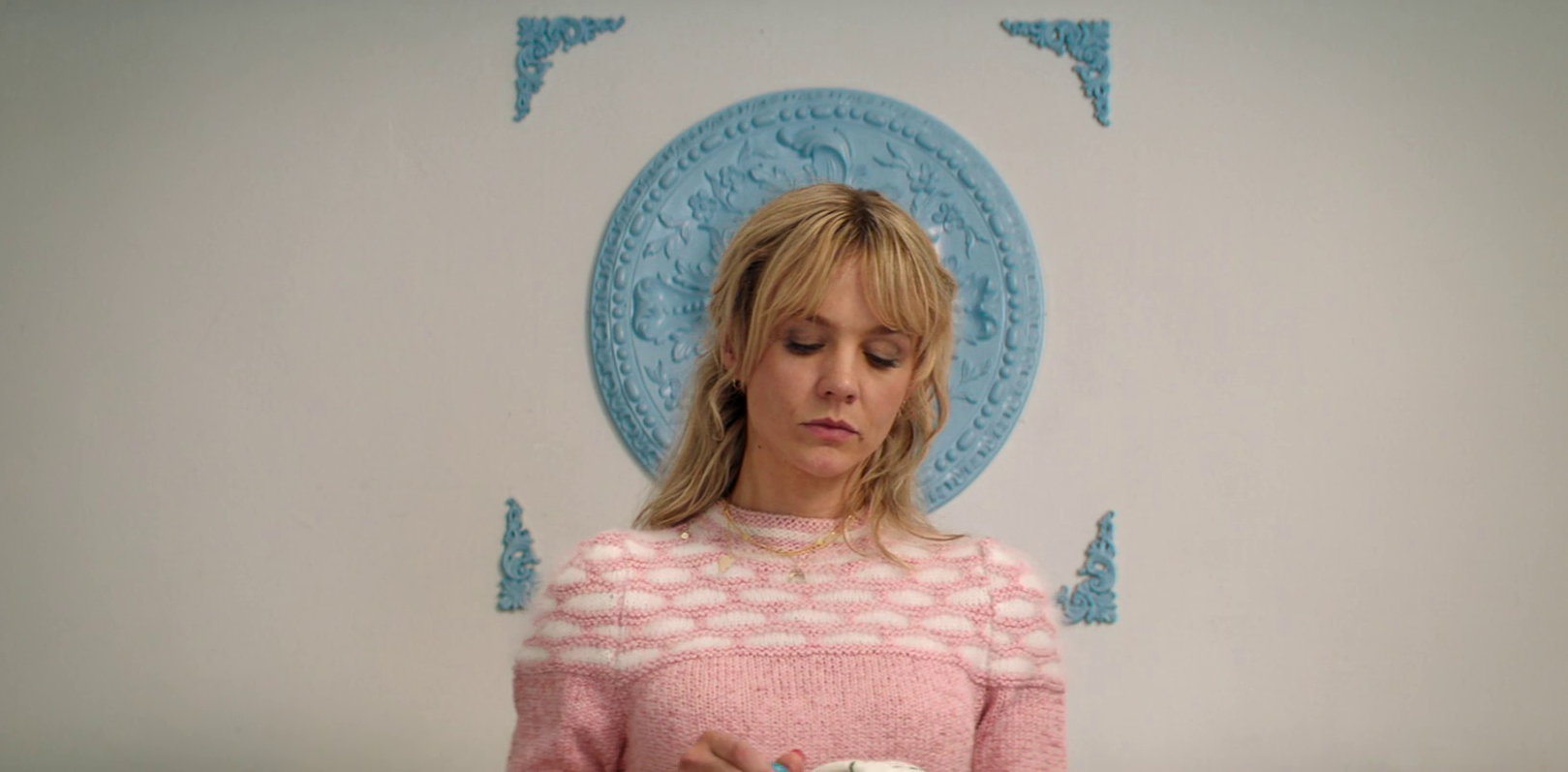by Matt St Clair

Remember when Maggie Gyllenhaal won a Golden Globe for her starring role in the miniseries The Honorable Woman? During her acceptance speech she spoke about not just the wealth of strong roles for women on television, but roles as complicated women, saying, “when I look around the room at the women who are in here and I think about the performances that I’ve watched this year, what I see actually are women who are sometimes powerful and sometimes not. Sometimes sexy, sometimes not. Sometimes honorable, sometimes not.” Complicated female characters on TV still receive more proper acknowledgement than those in the movies.
While Carey Mulligan earned a recent Best Actress nomination for her role as the duplicitous avenging angel Cassie Thomas in Promising Young Woman, the Oscars have a historically spotty track record when it comes to acknowledging actresses for playing complicated, and sometimes calculating, women....
For example, back in 1995, Nicole Kidman was on track to earn her first Oscar nomination for To Die For where she plays the cunning newswoman Suzanne Stone-Maretto. Having earned a Critics Choice Award, the Golden Globe Award for Actress-Musical or Comedy, and a BAFTA nomination, the stars seemed to align for Kidman before she was left out in the cold.

Granted, that category was a competitive one, but the Best Actress lineup still consisted of actresses playing more accessible roles; Susan Sarandon as a real-life nun, Elisabeth Shue as a hooker with a heart of gold, and Emma Thompson as a Jane Austen heroine. Nominating Meryl Streep for playing an adulterous housewife in The Bridges of Madison County was a much easier ask than citing Kidman for portraying a fame-hungry journalist plotting her husband’s murder.
Then you have someone like Sharon Stone in Basic Instinct, a film that was a box office smash and earned two Oscar nominations. Yet, neither of those nods was for Stone’s performance as Catherine Tramell, a guileful novelist who uses her sexuality as an asset to toy with those around her. To day that's a more iconic performance than those that were nominated. To further the point, Michelle Pfeiffer’s interpretation of Catwoman in Batman Returns from that very same year has stood the test of time more than her nominated performance in Love Field.

It’s easier for men to win awards for playing mobsters, schemers, and misanthropes while women have a harder time garnering such trophies for playing antiheroine roles, sparking a clear double standard. For instance, the aforementioned Michelle Pfeiffer barely entered the Oscar convo despite rave reviews for playing the femme fatale Catwoman while Joaquin Phoenix was able to glide his way to victory for playing a Batman villain. It’s also telling that The Wolf of Wall Street, a picture on sleazy male stockbrokers, was able to earn five Oscar nominations while a film like Hustlers, a Scorsese homage about the 2007-08 Wall Street crisis that enjoyed similar box office success, couldn’t even earn an Oscar nomination for Jennifer Lopez’s performance as anti-heroine Ramona Vega. Meanwhile, a crime drama like Mystic River can cruise its way to awards acclaim while Widows gets questioned over whether it’s an “Oscar movie” even if like Mystic River, it exists within a similar genre realm, received rapturous critical acclaim, and was made by a filmmaker with his own Oscar cache.
Rosamund Pike did manage to earn a Best Actress nomination for playing the multi-faceted 'Amazing Amy' in Gone Girl, yet she was still the film’s only representation as AMPAS voters greeted it with a shrug during an awards screening that took place on its opening weekend. It failed to even earn a Best Adapted Screenplay nomination for Gillian Flynn despite being a sure bet to possibly win the award. Its Best Picture snub is what also led to a testosterone-driven lineup where the only film with a central female protagonist, The Theory of Everything, involved her role as the wife and caretaker for her ill husband.

As a 2018 Harper’s Bazaar article called “The Rise of the Antiheroine” points out, whenever women become scheming or messy, people question why these characters are challenging the status quo. When men play antiheroes, such characters are hailed as complex antihero roles but when antiheroines are introduced, there’s hasty questions over why they aren’t being proper or why they’re serving as more than just the role of a man’s wife or mother.
Interestingly enough, this brings me back to when Carey Mulligan was promoting Wildlife at the 2018 New York Film Festival. During a Q&A, a male spectator criticized the protagonist Jeannette for being “completely reprehensible” and “unsympathetic.” Mulligan simply responded by saying, “We’re all too used to seeing women behaving really well [in movies.] When we see them out of control or struggling it doesn’t ring true because of everything we’ve been brought up to understand that women are always perfect and can do anything.”

This is what makes seeing a movie like The Favourite earning ten Oscar nominations, including Best Picture, rather refreshing. A movie depicting three women involved in scheming for political and sexual power that says to hell with honorability and completely rejects the male gaze. Although characters like Abigail Masham and Sarah Churchill are hardly beacons of positive female representation, they abandon the tired notion that women must always play role models or figures of sainthood.
Because of that, I say let the rise of the antiheroine continue. Let us see more complicated women. It would be a way of, as Mulligan said, revealing the flaws and contradictions that women show in real life. Break all the double standards involving which roles actresses can or cannot play or earn awards praise for.